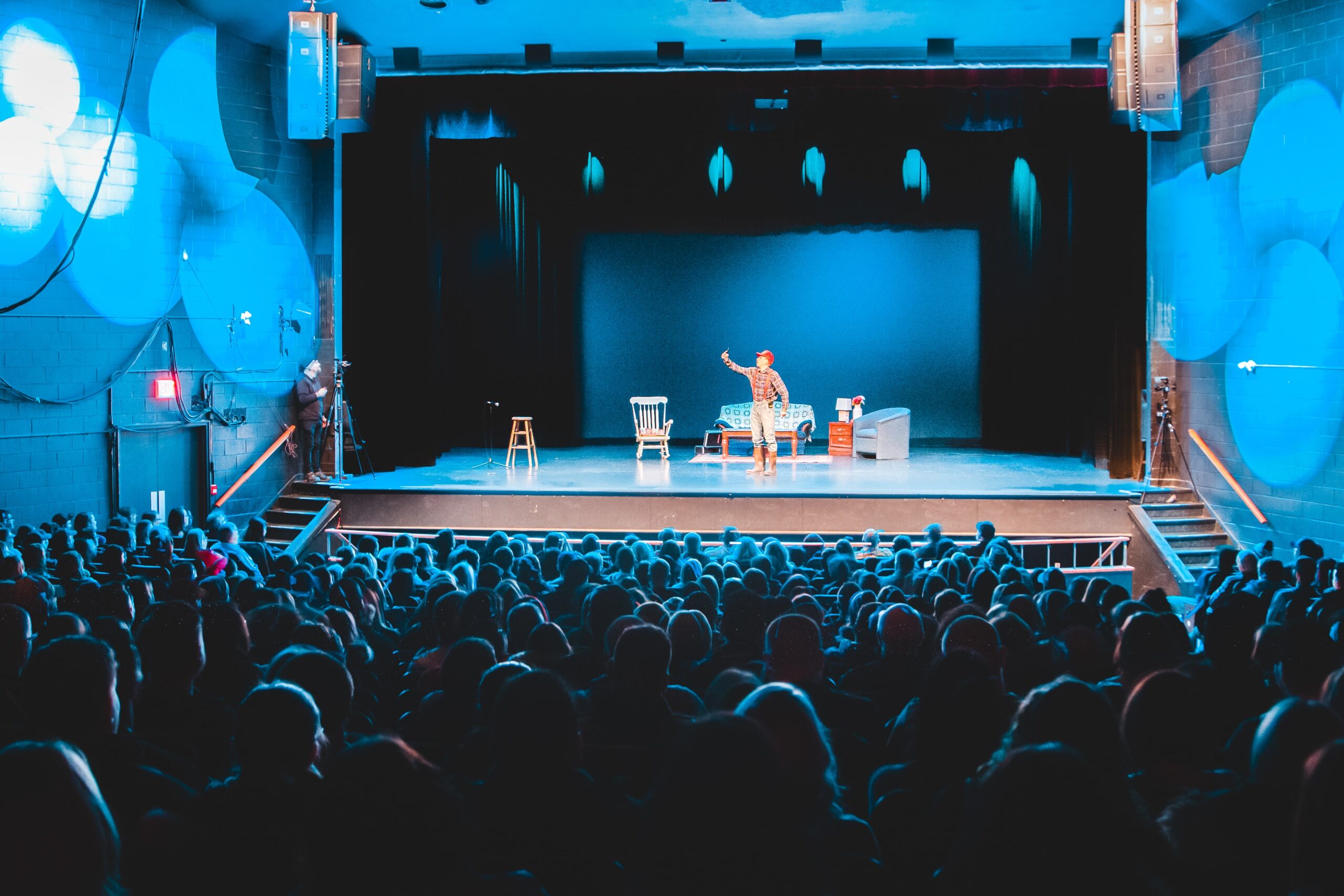Theatre Acting vs. Film Acting
What’s the main difference?
(By Tonya Tannenbaum)
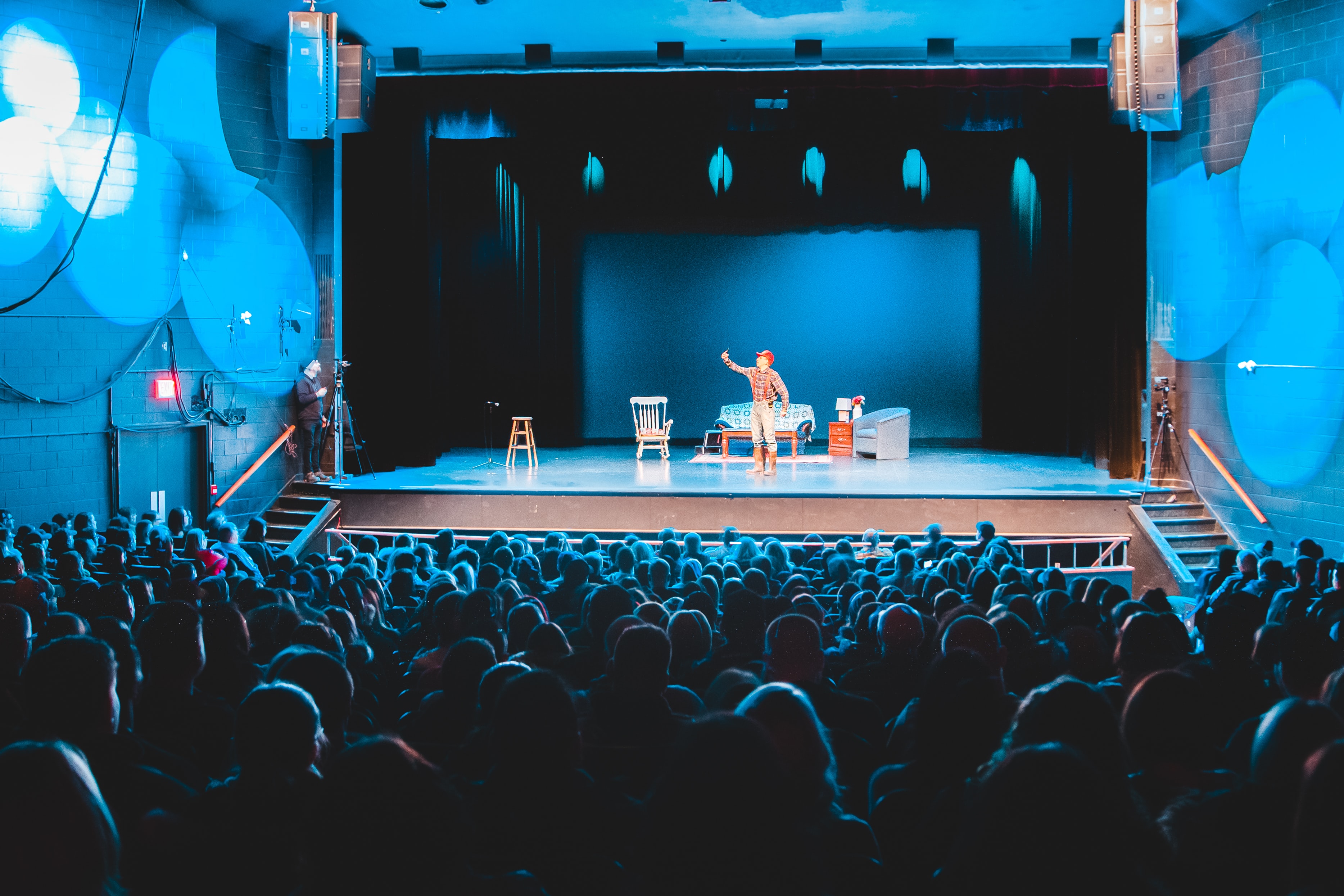 (Photo: Erik Mclean/ Unsplash)
(Photo: Erik Mclean/ Unsplash)
The same habits you picked up as a theatre actor may cause you a lot of pain, when you try to transition into film and television. You may, in fact, have to unlearn much of what you learned in drama school, in order to be successful.
RELATED: 7 Words That Can Trip an Actor Up
Actors who come from a theatre background may feel like a fish out of water when they step in front of a camera. That’s because, the two mediums are different in many respects. They require two distinct approaches.
The biggest difference between theatre acting and film acting is the audience. In theatre, the audience is farther away, requiring you to speak louder and perform bigger, in order to reach them. In film, the audience is closer, requiring you to take a more subtle approach.
Let’s look at a few key examples.
“When I perform on stage, you have to remember my performance or buy another ticket to the party! In television and film, you can see it over and over again.”
(Giancarlo Esposito)
#1: Facial Expressions
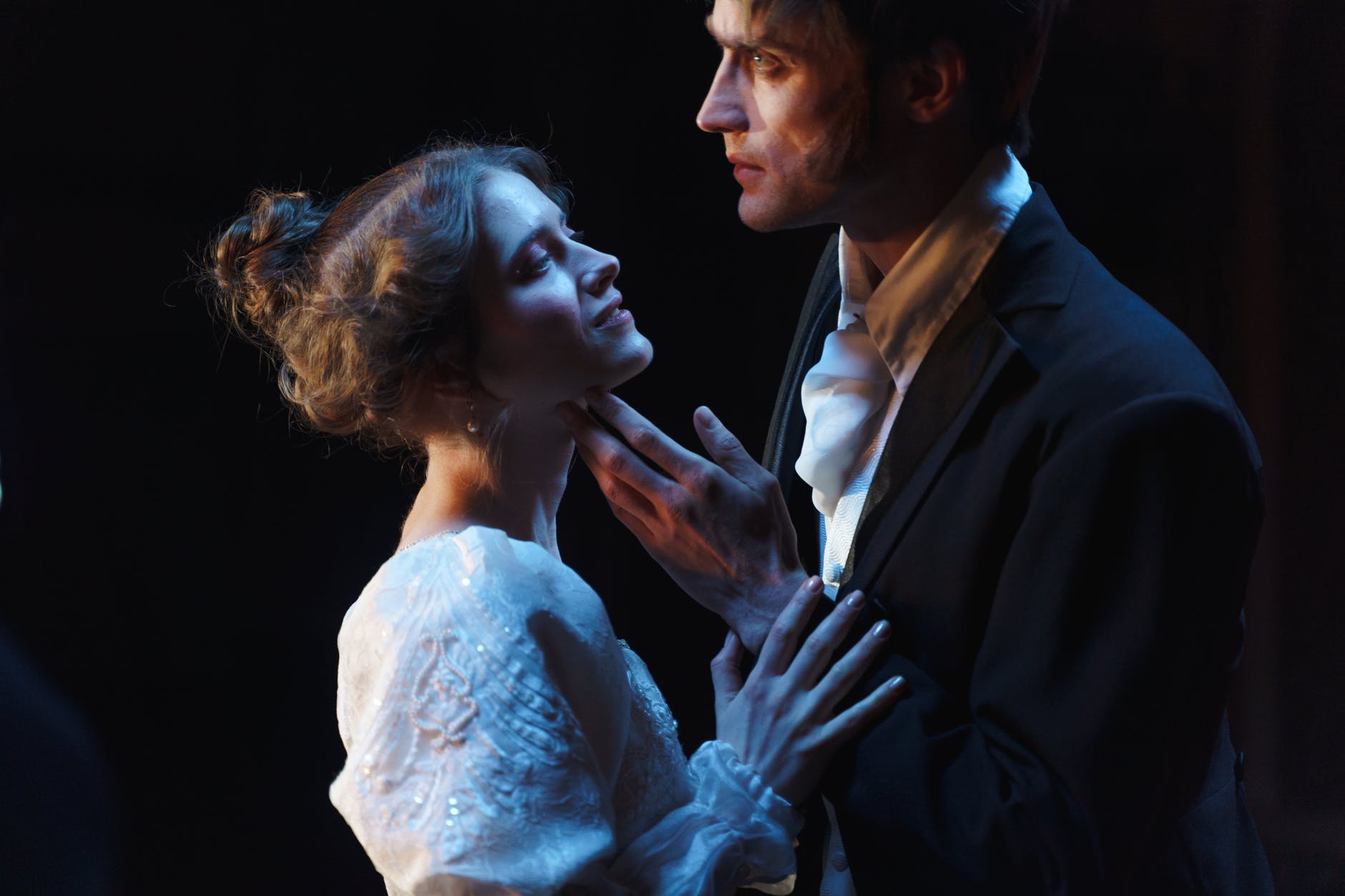 (Photo: Cottonbro | Pexels)
(Photo: Cottonbro | Pexels)
In theatre, the majority of the audience is far away; much too far to notice every gesture and facial expression you make. That’s why, in theatre, your expressions must be big; even bigger than what you would do in real life.
In film, on the other hand, the audience is literally right in your face. They notice every little expression, every little twitch of your eye, every quiver of your lip. Therefore, for film, your expressions must be more muted.
#2: Volume of speech
In theatre, much of the audience is farther away. The only way they can hear what you are saying is if you project your voice and speak loudly.
But in film, actors wear microphones and have boom mics hovering overhead. It does you no good to project your voice. Projecting your voice actually works against you. Like your facial expressions, your speech volume must also be more muted in film.
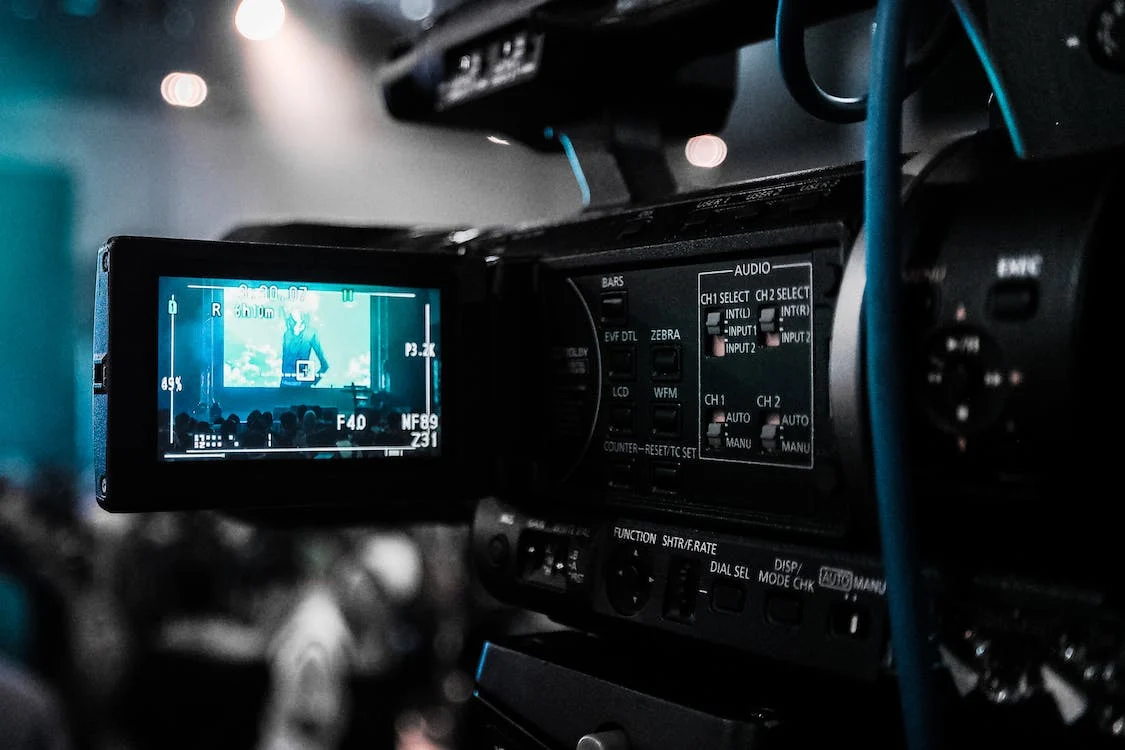 (Photo: Donald Tong | Pexels)
(Photo: Donald Tong | Pexels)
#3: Rehearsals
In theatre, lots of rehearsals are necessary before the curtain rises. It’s a live show. Everything has to be buttoned up. There are no do-overs. You only get one shot to get it right.
In film, not much rehearsal is required. If a mistake is made, you can do another take. Beyond that, lots of problems can be fixed in post-production.
#4: Audience Reactions
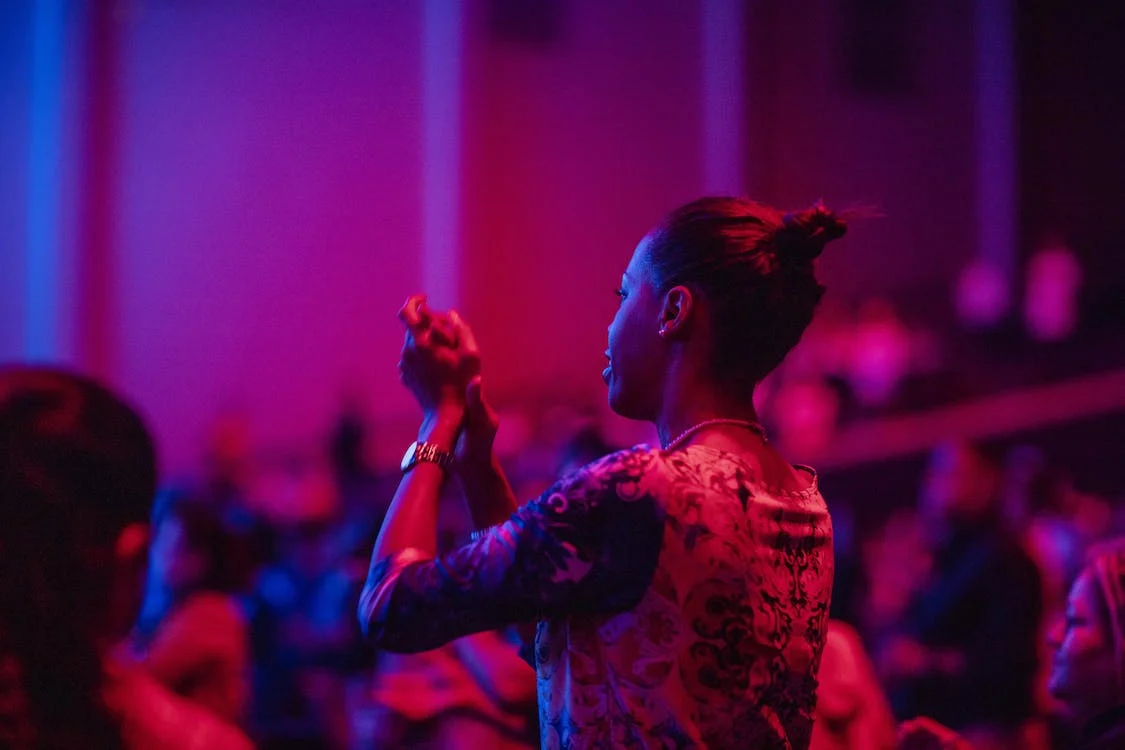 (Photo: Luis Quintero | Pexels)
(Photo: Luis Quintero | Pexels)
One of the best things about performing in the theatre is audience reactions. You can feed off of the energy from the audience. They let you know when you’ve made them laugh or cry. It fuels you to perform at your very best.
In film, your only audience will be the crew and the other actors. There’s no audience to help you modify your performance. All you have is the watchful eye of your director.
You Might Also Like:
What is Improv?




